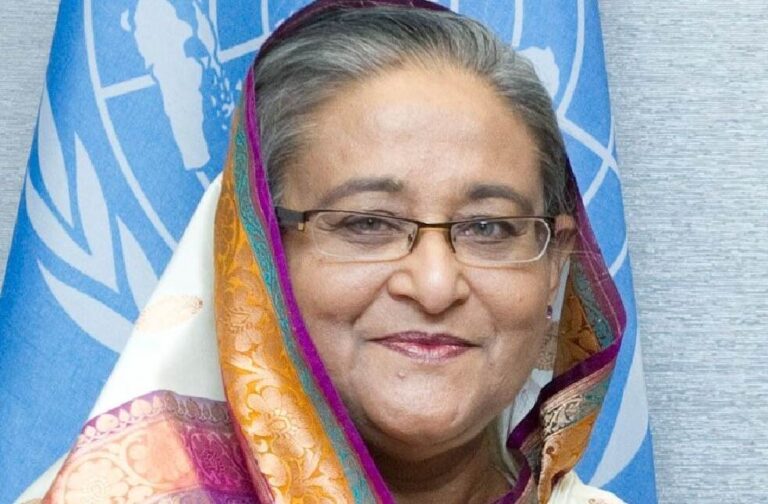Bangladesh: Sheikh Hasina, the prime minister of Bangladesh, has been re-elected to a fifth term in office despite low voter turnout and a brutal crackdown on the opposition.
The Awami League, led by Ms. Hasina, was proclaimed the winner of nearly 75 percent of the seats and a fourth consecutive term in office by the election commission. She was prime minister twice before, from 1996 to 2001 and again in 2009, so this will be her fifth term in office.
Following the opposition Bangladesh Nationalist Party (BNP) boycotting Sunday’s vote and calling for a general strike, calling it a “sham election,” Hasina’s Awami League candidates had virtually no viable competitors.”

Before the election, opposition protests were met with severe police brutality, and tens of thousands of BNP leaders and ordinary members had been arbitrarily detained in overcrowded prisons in appalling conditions. According to the opposition, at least nine BNP leaders and supporters have passed away while incarcerated in the last three months.
In a nation of 170 million people that was once gripped by extreme poverty, Ms. Hasina has presided over rapid economic growth and a thriving garment export industry. However, political rivals and human rights organizations have charged her government with widespread violations of human rights and driving the nation toward authoritarian one-party rule.
While running for office, Ms. Hasina maintained that her policies had placed the nation on a path toward stability, secularism, and economic growth. The PM has refuted accusations of authoritarianism. The Hasina government has consistently denied any complicity in violations of human rights.



